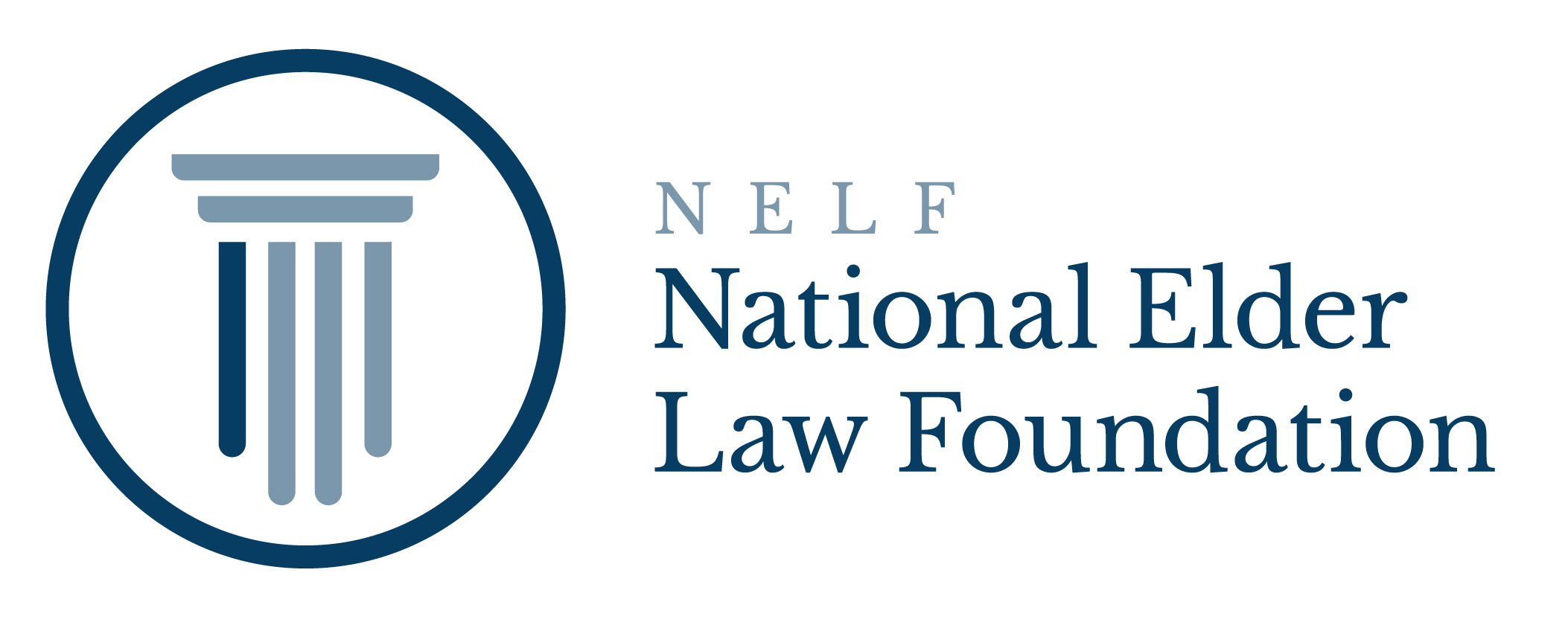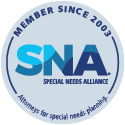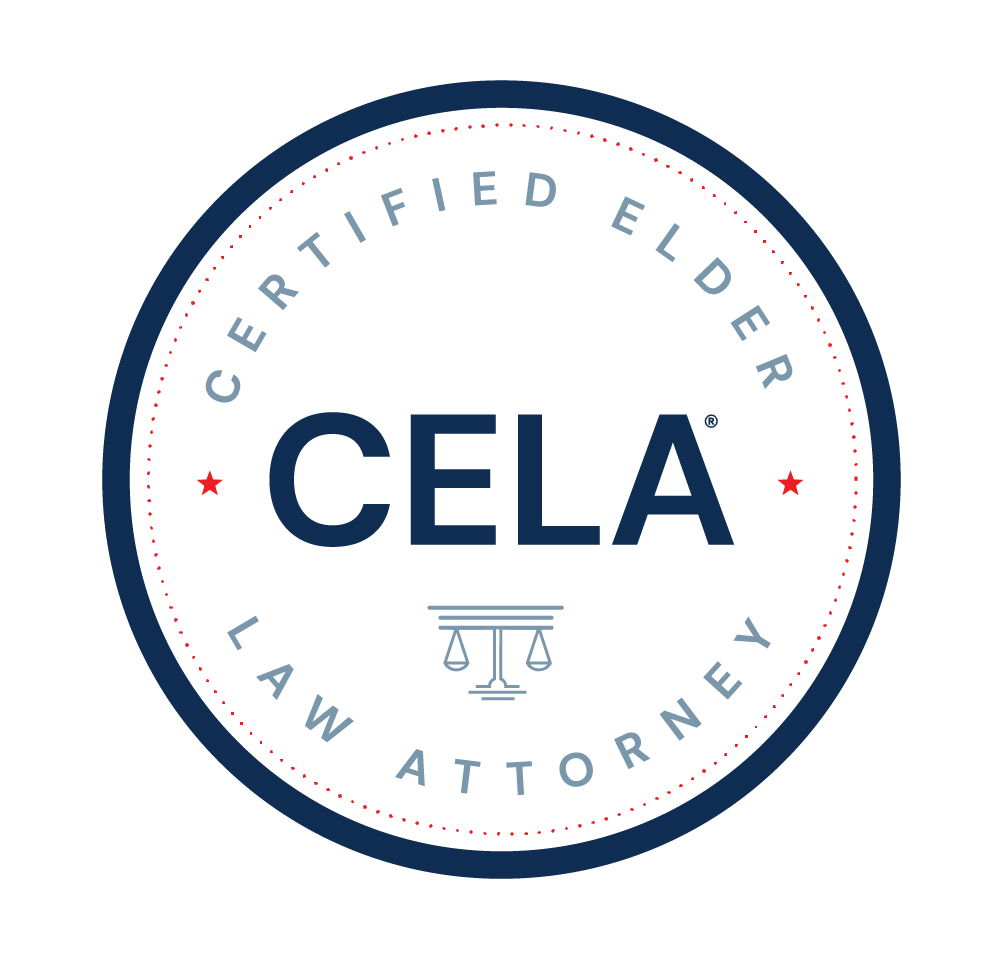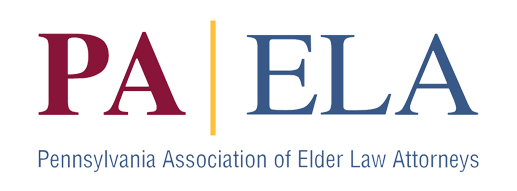CARE Act
The CARE Act is the Caregiver Advise, Record and Enable Act. It was approved by Pennsylvania’s Governor on April 20, 2016 and will be effective in April of 2017. The CARE Act is intended to help family caregivers keep loved ones out of institutions prematurely by involving caregivers in the hospital discharge process and providing them with training and information about available resources to help meet the caregiving needs in the community. There are an estimated 2.7 million family caregivers in Pennsylvania.
The CARE Act provides that hospitals must provide each patient, or legal guardian, an opportunity to designate a lay caregiver. For minor children, a custodial parent has the authority designate the lay caregiver. If the patient choses to designate a lay caregiver, the hospital must promptly request written consent of the patient to release medical information to the lay caregiver.
Lay caregivers are not required to provide services, but the CARE Act ensures they are involved in the discharge process. Hospitals must notify lay caregivers of any discharge or, actual discharge or transfer to another facility. Prior to the discharge, hospitals must consult with lay caregivers and issue a discharge plan that describes the patient’s after-care assistance plan. If the hospital is not able to reach the lay caregiver, the hospital can still proceed with a safe and appropriate discharge.
The hospital discharge plan must include:
1. Name and contact information for the lay caregiver;
2. Description of all after-care assistance necessary to maintain ability to reside at home;
3. Contact information for any health care community resources, long-term care and support services needed for the discharge plan; and
4. Contact information for a hospital employee who can respond to questions about the discharge plan.
Additionally, hospitals must provide lay caregivers with instructions for after-care and these instructions must include training in person or through video at the discretion of the lay caregiver.









